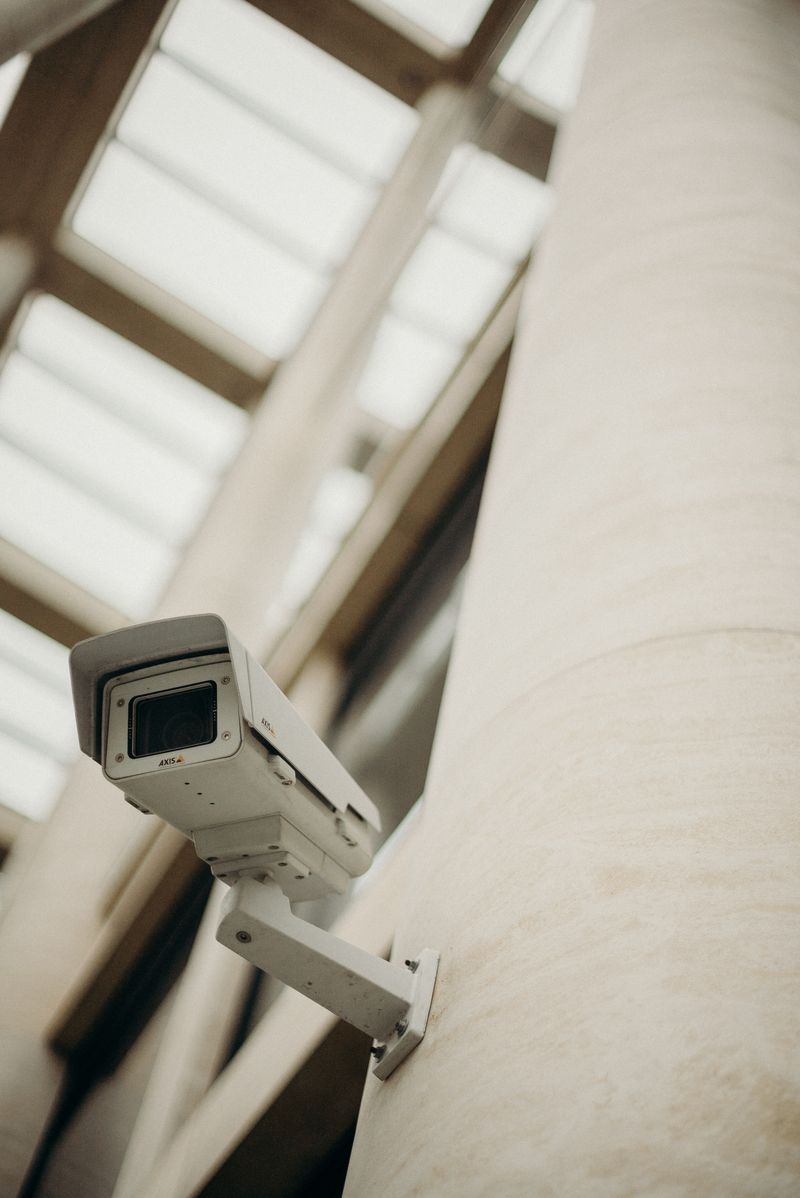Government Intelligence Community Meets with Civil Liberties Groups on Controversial Surveillance Tool
Introduction
The clock is ticking on the reauthorization of Section 702 of the Foreign Intelligence Surveillance Act (FISA), a powerful spying tool that is set to sunset later this year. As the debate over this controversial provision intensifies, Director of National Intelligence Avril Haines has organized a listening session to hear from civil liberties groups. This meeting, scheduled for Thursday, marks the first major convening by the Biden administration to engage with reform-minded groups since announcing its support for renewing Section 702 earlier this year.
The Power and Implications of Section 702
Section 702 of the FISA Act authorizes intelligence agencies to collect the communications of non-U.S. persons abroad when their communications transit U.S. telecommunications systems. While the Biden administration and intelligence community argue that this spying tool is essential for national security, critics, including civil liberties advocates and lawmakers, have raised concerns about the incidental collection of Americans’ data and the lack of sufficient oversight.
One of the main issues at the heart of the debate is that Section 702 allows the FBI to search through collected data for information related to Americans, without obtaining a warrant. This practice has been a significant point of contention, as it has led to repeated abuse and privacy violations. Lawmakers across the political spectrum have made it clear that they will not reauthorize Section 702 without significant reforms.
The Meeting and Stakeholders involved
Director Avril Haines’ listening session intends to engage with various civil liberties groups, including the Cato Institute, Demand Progress, the American Civil Liberties Union (ACLU), the Project on Government Oversight, the Electronic Privacy Information Center, and the Center for Democracy and Technology. The presence of senior intelligence agency leaders is anticipated, although other participating agencies have not been disclosed.
Challenges and Reluctance to Reforms
The Biden administration’s reluctance to embrace substantial reforms has become a liability for the reauthorization process. Advocates and lawmakers critical of Section 702 argue that the government needs to provide evidence to support its claim that a warrant requirement would harm national security. They assert that the administration’s failure to engage in meaningful reform discussions has hindered progress on Capitol Hill.
Although the administration has privately lobbied for a “clean reauthorization” without significant reforms, both leading Republicans and Democrats in Congress have expressed reservations about renewing Section 702 without addressing its flaws. It is expected that comprehensive reform legislation, encompassing Section 702, will be introduced in the coming weeks.
Philosophical Debate: Balancing National Security and Civil Liberties
The reauthorization of Section 702 raises critical philosophical questions about the delicate balance between protecting national security and safeguarding civil liberties. While there is no denying the importance of robust intelligence capabilities to counter cyber threats and combat crises like the fentanyl epidemic, it is equally vital to establish strict oversight and checks to prevent abuse and protect individual privacy.
Editorial: The Need for Transparent and Accountable Surveillance Practices
The upcoming meeting between intelligence community representatives and civil liberties groups presents an opportunity for constructive dialogue and the exploration of effective reforms to Section 702. It is imperative that the government demonstrates a genuine commitment to transparency and accountability in surveillance practices in order to build trust with the public and ensure the protection of civil liberties.
Advice: Striking the Right Balance
As the debate over Section 702 continues, it is crucial for policymakers to strike the right balance between national security and individual privacy rights. Comprehensive reform legislation must include provisions that address the concerns raised by civil liberties advocates and lawmakers, such as requiring a warrant for the search of Americans’ data and enhancing oversight mechanisms. Any potential trade-offs should be thoroughly evaluated to ensure that the security benefits outweigh the potential infringement on civil liberties.
In this fast-changing digital landscape, it is also crucial for the public to remain vigilant about their internet security. Individuals can protect their privacy by using encrypted communication platforms, regularly updating their software, and being mindful of the information they share online.

<< photo by cottonbro studio >>
The image is for illustrative purposes only and does not depict the actual situation.
You might want to read !
- AtlasVPN Linux Zero-Day: Unveiling the Vulnerability Exploiting Users and Exposing IP Addresses
- Russian Hackers Strike Again: ‘Fancy Bear’ APT Attacks Ukrainian Energy Facility
- MinIO Attack: Unveiling a New Frontier in Corporate Cloud Attacks
- Senate Advances Children’s Online Safety Bills, Despite Civil Liberties Concerns
- The Clash of Apple and Civil Liberties: Criticism of the UK Online Safety Bill
- Understanding the Balancing Act: Navigating Rising Insurance Costs and Shrinking Coverage
- The Balancing Act: Legacy System Users’ Uphill Battle Between Uptime and Security




